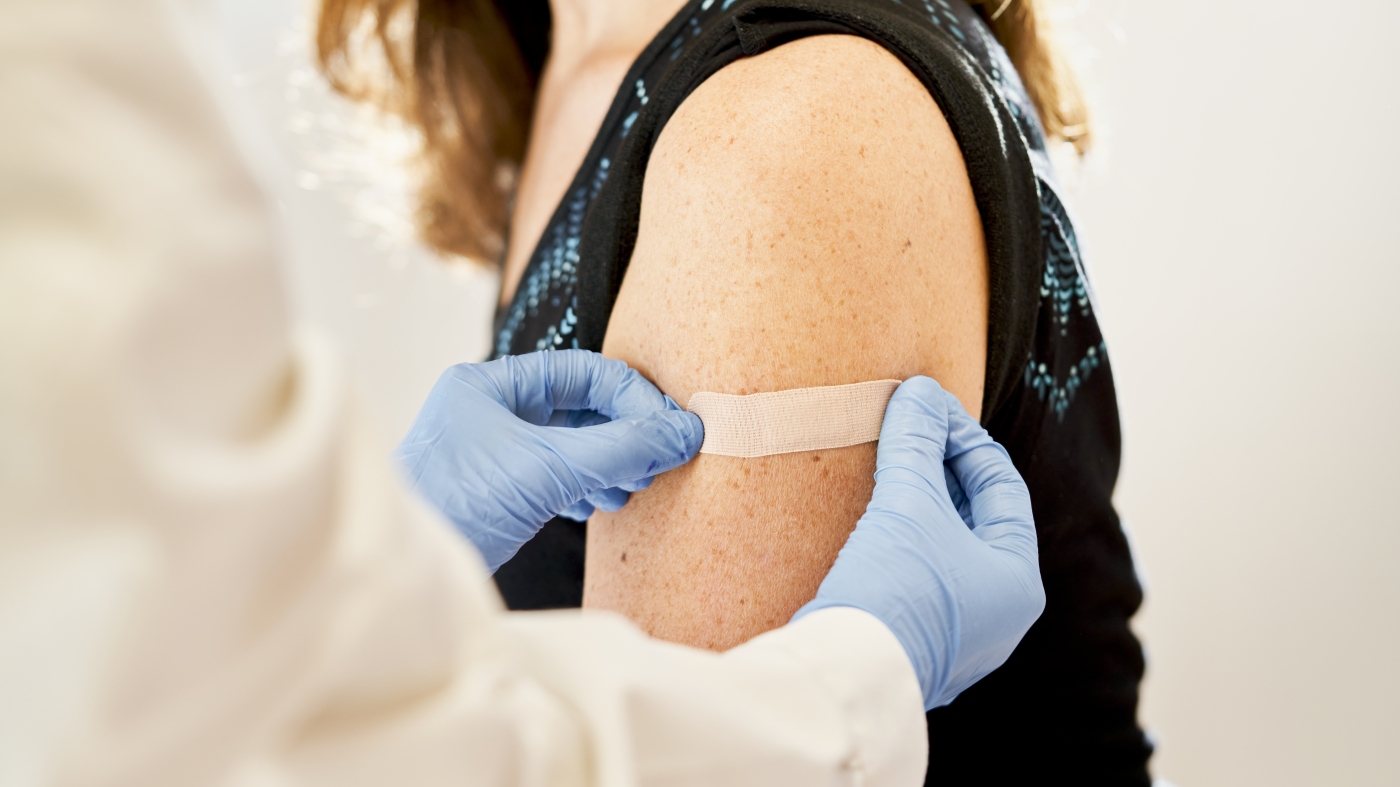The Shift in Vaccine Testing: A Closer Look at Placebo-Controlled Studies
Introduction
The recent mandate requiring placebo-controlled trials for all new vaccines has ignited a fiery debate across the medical and public health landscape. Spearheaded by Robert F. Kennedy Jr., the U.S. Health and Human Services (HHS) Secretary, this policy marks a dramatic departure from conventional vaccine approval processes. While proponents argue it will enhance transparency and safety, critics warn of potential delays and ethical dilemmas. This report examines the implications of this policy, weighing its benefits against its challenges, and explores how it might reshape vaccine development in the years ahead.
Understanding Placebo-Controlled Trials
The Gold Standard in Clinical Research
Placebo-controlled trials are considered the most rigorous method for evaluating medical interventions. In these studies, one group receives the experimental vaccine, while another receives a placebo—typically an inert substance like saline. By comparing outcomes between the two groups, researchers can isolate the vaccine’s true effects from psychological or circumstantial influences.
Why the HHS Mandate Matters
Kennedy Jr.’s policy mandates that all new vaccines undergo this stringent testing before public release. The rationale? To ensure absolute confidence in vaccine safety and efficacy. Given the growing skepticism around vaccines—fueled by misinformation and past controversies—this move is framed as a way to rebuild public trust. But is it that simple?
The Potential Benefits
1. Stronger Safety Assurance
Placebo-controlled trials minimize confounding variables, making it easier to detect adverse effects. If a higher percentage of vaccine recipients experience side effects compared to the placebo group, researchers can more confidently attribute those reactions to the vaccine itself.
2. Clearer Efficacy Data
Without a placebo group, it’s harder to determine whether a vaccine’s perceived benefits are real or coincidental. This method provides unambiguous evidence of whether a vaccine works, which is crucial for regulatory approval and public acceptance.
3. Restoring Public Confidence
Vaccine hesitancy remains a major public health hurdle. By enforcing stricter testing standards, the HHS aims to reassure skeptics that vaccines are thoroughly vetted before reaching the market.
The Challenges and Criticisms
1. Delayed Vaccine Rollouts
Placebo-controlled trials take time—often years. In the face of emerging infectious diseases, such delays could cost lives. Critics argue that alternative trial designs, like active comparators (using existing vaccines as controls), might offer a faster yet still reliable approach.
2. Ethical Concerns
Is it ethical to give some participants a placebo when a life-saving vaccine exists? For diseases with high mortality rates, withholding a potential cure raises moral questions. Some experts suggest adaptive trial designs that adjust based on early results to mitigate this issue.
3. Resource Strain
Conducting large-scale placebo trials requires significant funding and manpower. Smaller biotech firms may struggle to meet these demands, potentially stifling innovation and limiting competition in the vaccine market.
Medical Experts Weigh In
Skepticism vs. Science
Dr. Paul Offit, a leading vaccinologist, warns that placebo trials alone won’t satisfy hardcore vaccine skeptics. “Some people will never trust the data, no matter how robust,” he notes. Others fear that Kennedy Jr.’s history of vaccine skepticism may politicize the process, undermining scientific consensus.
Broader Implications Beyond COVID-19
This policy isn’t limited to COVID vaccines—it applies to *all* new vaccines. From flu shots to experimental HIV vaccines, every candidate must now clear this higher bar. While this could elevate safety standards, it might also slow progress against other pressing diseases.
The Bigger Picture: Kennedy Jr.’s Controversial Leadership
Kennedy Jr.’s appointment as HHS Secretary has been polarizing. His past statements questioning vaccine safety have drawn both fervent support and sharp criticism. This policy shift is seen by many as an extension of his personal views, raising concerns about whether science or ideology is driving the decision.
Conclusion: Striking the Right Balance
The push for placebo-controlled trials reflects a noble goal: ensuring vaccines are as safe and effective as possible. Yet, the policy’s real-world impact hinges on execution. Will it restore public trust, or will it hinder rapid responses to health crises?
As the medical community navigates these changes, one thing is clear—the future of vaccine development hangs in the balance. Rigorous science must guide the way, but not at the expense of accessibility and ethical responsibility. The success of this mandate will depend on finding that delicate equilibrium.











